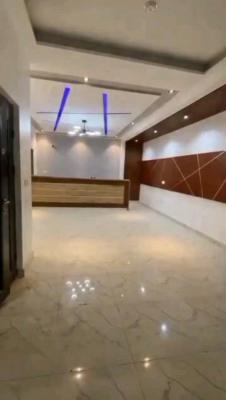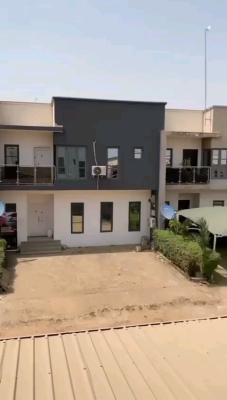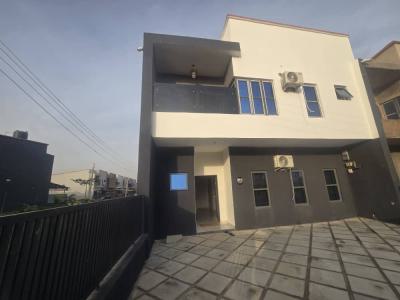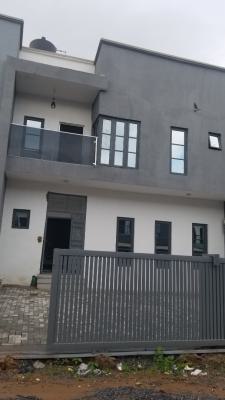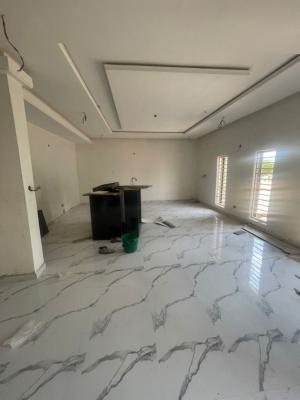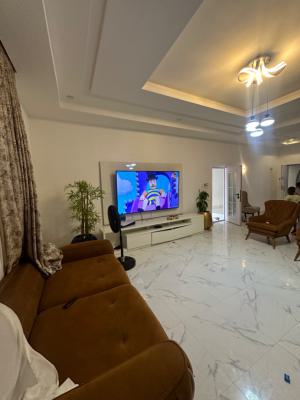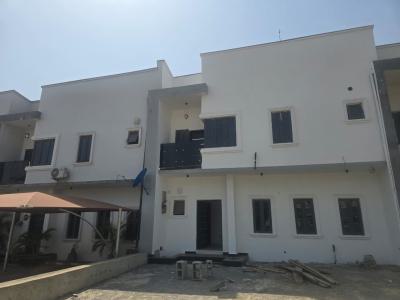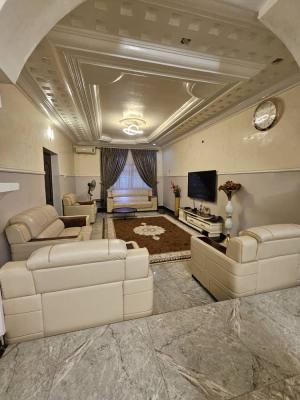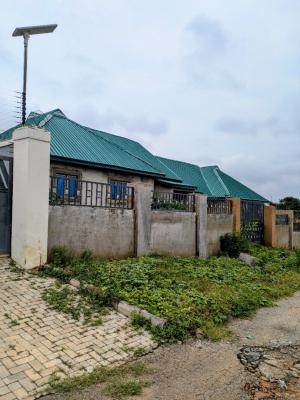3 Bedroom Houses for Sale in Dakwo, Abuja
Quick Filters
Subtypes
- Block of Flats|
- Terraced Duplexes|
- Terraced Bungalows|
- Semi-detached Bungalows|
- Detached Bungalows|
- Semi-detached Duplexes|
- Detached Duplexes
9
What is the average price of 3 bedroom houses for sale in Dakwo, Abuja?
The average price of 3 bedroom houses for sale in Dakwo, Abuja is ₦128,000,000.
What is the price of the most expensive 3 bedroom houses for sale in Dakwo, Abuja?
The price of the most expensive 3 bedroom houses for sale in Dakwo, Abuja is ₦200,000,000.
What is the price of the cheapest 3 bedroom houses for sale in Dakwo, Abuja?
The price of the cheapest 3 bedroom houses for sale in Dakwo, Abuja is ₦75,000,000.
How many 3 bedroom houses for sale in Dakwo, Abuja are available?
There are 9 available 3 bedroom houses for sale in Dakwo, Abuja.
You can view and filter the list of property by price, furnishing and recency.

